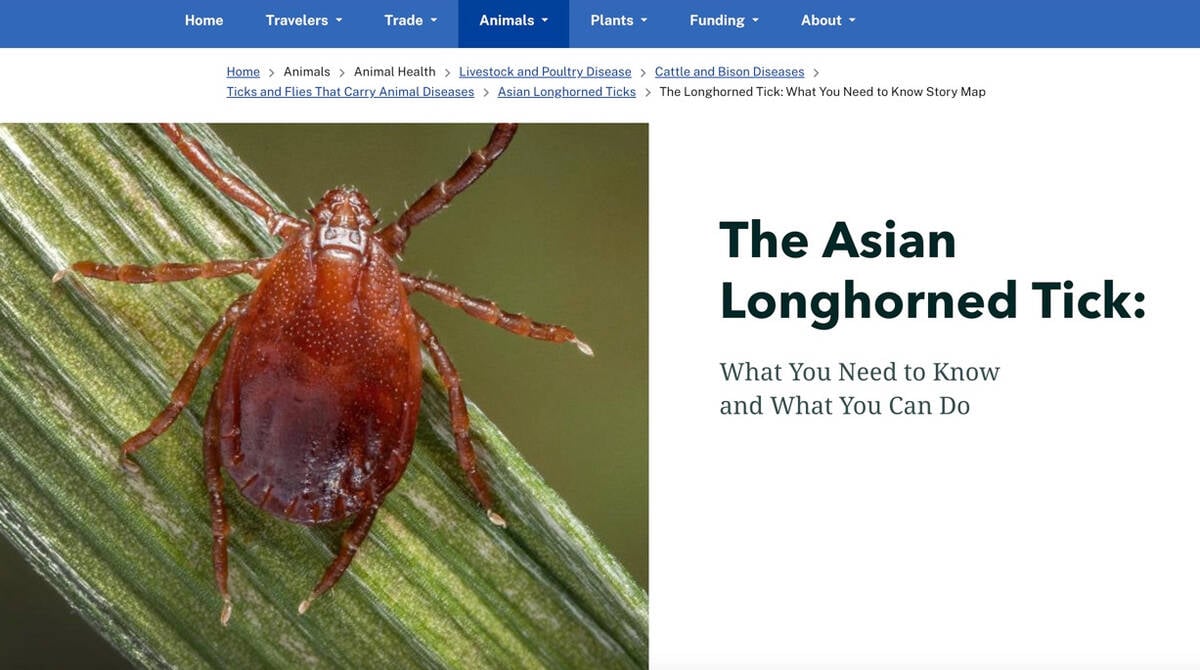EDMONTON — Two-way livestock trade between Canada and Turkey is not open yet, but a Turkish delegation in Alberta hopes to have a head start when trade becomes possible.
Grant Winton, senior director of international relations and marketing with Alberta Agriculture, said the federal government has negotiated an export agreement between Canada and Turkey, but it has not been ratified.
“I’ve been told it’s one to two weeks away for four months,” said Winton.
Ahmet Altiparmak, governor of the state of Erzurum in northeastern Turkey, recently spent a week touring Alberta in preparation for a possible opening of livestock trade.
Read Also

New World screwworm not seen as trade threat
Canadian cattle producers shouldn’t be worried about the New World screwworm, which has become a massive concern for ranchers in Mexico and is threatening the southern United States
“The reason why we are here is we are very well aware that Canada is very well developed in livestock and agriculture, especially in genetics. We’re here to find out areas where we can collaborate and co-operate,” he said through a translator.
“We already have some partnership with the ministry of agriculture in Alberta. That is why we are invited here. And we are very thankful for their hospitality and the purpose is to develop further these relationships.”
Winton said the Turkish delegation toured cattle farms, the Agri-Trade Equipment Expo in Red Deer, the Leduc Food Processing Centre and Farmfair International in Edmonton to get a sense of Alberta’s agricultural industry and meet producers.
Turkey has a well established sheep industry but limited beef. Any beef is processed from old dairy cows, which has not encouraged a beef industry.
“There are no beef breeds, no farms and no feedlots,” Winton said.
“There is an opportunity for us to export them beef and show them what real beef can taste like.”
Turkey is also lobbying to become part of the European Union. With increased contact with the EU, Turkish citizens will likely develop more western tastes and demand more western food, such as hamburgers, said Winton.
“It is an opportunity for us to develop what the beef industry is going to look like.”
Altiparmak said his state has a climate similar to Alberta, and he hopes the two regions can share sheep and beef genetics.
He said Turkish farms are smaller and struggle to make a living. He is looking to Alberta for solutions to help boost the fortunes of his producers.
“There are obviously many expectations, and synergies is one of them. We are here to transfer the know-how and also like to share our experiences and knowledge with Alberta. We can take out most of the farm management and market access,” he said.
“Sharing information is one of the biggest. We could exchange students, academics could be collaborated, associations or councils could be sharing information and doing partnerships.”














